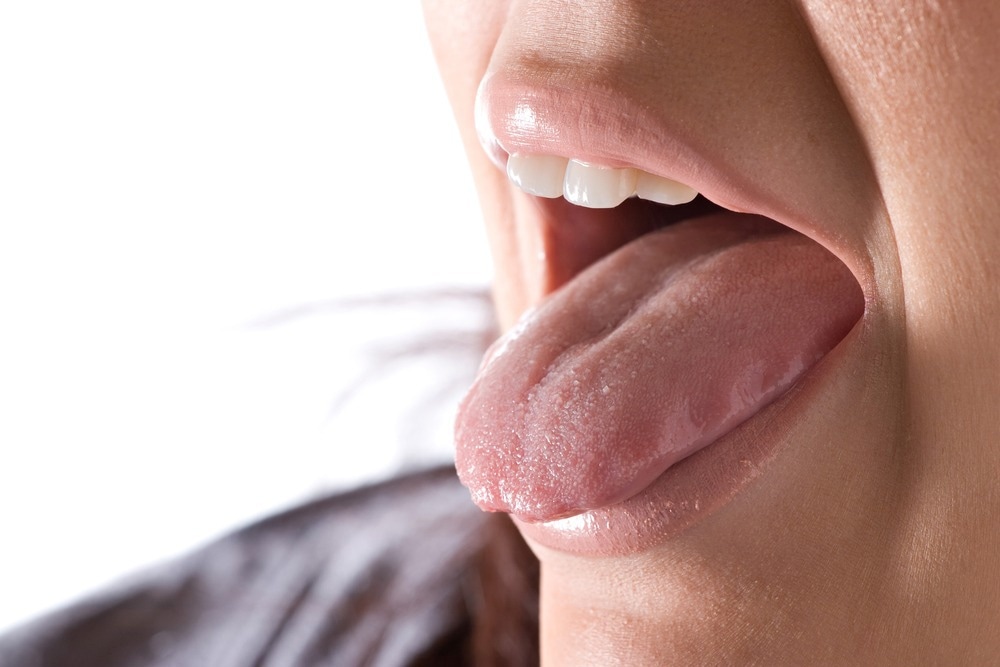Up to three-quarters of all stroke survivors experience some form of difficulty swallowing (dysphagia). This condition often results in food or liquid entering the lungs, significantly affecting patients' health and quality of life.

Image Credit: ARENA Creative/Shutterstock.com
In extreme cases, dysphagia can lead to an inability to eat or drink or even death from aspiration pneumonia. The social aspect of eating and drinking being hindered, dysphagia can also contribute to depression in patients.
The Gardner Neuroscience Institute, supported by a $660,000 NIH grant, is launching a trial to test an at-home tongue endurance exercise aimed at improving swallowing function in stroke survivors.
Brittany Krekeler, PhD, Speech language pathologist and trial principal investigator, describes swallowing issues as a "hidden" disorder often overshadowed by primary diseases.
Krekeler emphasizes the emotional and physical burden of dysphagia on patients and their families, noting the significance of being able to eat and drink normally.
Historically addressed through feeding tubes, dysphagia research is now exploring more effective treatments, moving away from a one-size-fits-all approach to more personalized therapies.
Treating dysphagia is like an artform, so depending on what therapist you go to, you’ll get a different approach,” Krekeler said. “Current treatment approaches are really a mixed bag depending on what institution you’re at and what therapist you’re seeing.”
About the trial
Unlike traditional therapies that emphasize total tongue strength, this trial will concentrate on improving tongue endurance, akin to repetitive, sub-maximal movements during eating.
The study will enroll patients who are 3-6 months post-stroke, a time of heightened neuroplasticity, offering a window for potentially more effective rehabilitation.
Participants will use a Bluetooth-connected device to perform tongue exercises, receiving real-time feedback. The exercises are designed to increase in difficulty over an eight-week period. The trial will also include MRI studies to observe brain changes related to learning the new tongue exercises.
We think that learning how to use the device might actually be part of the therapy, and in our field, we haven’t really looked at the learning curve in terms of using your tongue to do something new,” Krekeler said. “To investigate this potential learning effect, we’re also doing MRIs on a small subset to see what changes occur in the brain with learning how to use a tongue device.”
Potential for wider impact
While the study initially focuses on stroke patients, the insights gained could benefit individuals with swallowing issues due to other conditions like head and neck cancer and Parkinson's disease.
The trial represents a step towards determining the most effective combination of interventions for recovering swallowing function.
Brittany Krekeler received this prestigious grant, indicating her promise as a future independent researcher in the field.
The trial benefits from the mentorship of established researchers in stroke research and biostatistics, providing Krekeler with valuable guidance and support in conducting effective stroke trials.
For information on enrolling in the trial, please contact the trial’s research coordinator, Anna Hopkins, by emailing [email protected].